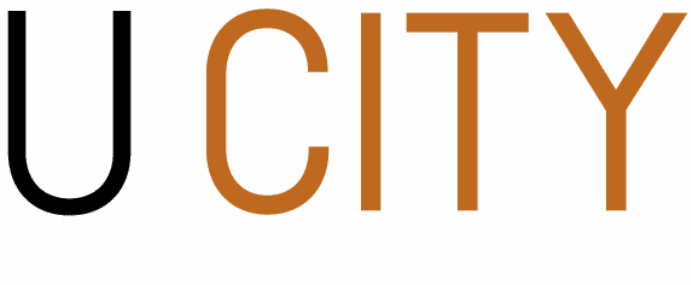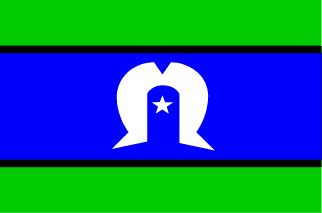For much of his life, Luke’s identity seemed obvious: he was a talented footballer, a confident leader, and a respected teammate. Yet away from the game, the truth wasn’t so clear.
“My sense of self was tied to my sporting career. Deep down, I often wondered who I’d be without it,” Luke says. “Then injuries took me off the field for nearly two years, and I felt like I no longer had a purpose.”
From a young age, being strong for others came naturally. As captain, his teammates turned to him in tough moments. Among friends, especially after losing a close mate in Year 12, he became the emotional caretaker – the one who held everyone else together.
Luke says the expectations of masculinity and strength in the rough-and-tumble world of footy made it impossible to share his struggles.
“Being in that leadership role, you walk around with your shoulders back, your chest pumped out, and you don't show any vulnerability,” he says.
As injuries kept him sidelined, Luke felt himself slipping further. Without the routine and purpose of football, he turned to alcohol to cope.
“I went from training every day to sitting alone with my thoughts. I was depleted and burnt out. In a way, drinking became my best friend. I’d be at home by myself – but I had a friend with me, because I had alcohol,” he says.
Luke tried new places, jobs and lifestyles, but nothing filled the gap football had left. When he went to Brisbane for another shot at playing, he found himself more alone than ever.
“I didn't know anyone there... I thought the grass would be greener but, when I got to Brisbane, I fell back into the same old habits.”
Luke tried counselling and rehab several times, but each relapse left him less hopeful than before. After nearly a decade, he reached a tipping point.
“I knew I needed to change, but the timing had to be right.”
That morning came as he approached 30. Luke woke up surrounded by empty wine bottles, exhausted not just from drinking but from the constant battle within himself.
“I looked around and thought, ‘I’ve been doing this for 10 years – where has it got me?’ I just wanted help.”
It was this decision that led Luke to New ROADS, a Uniting Communities program offering safe, non-judgemental support for people working through alcohol and drug dependency.
On his first visit, a staff member told him, “This program is all about change.”
Those words stayed with Luke because they represented what he’d been searching for – a fresh start and the chance to discover who he was beyond his loss and grief.
In the program, Luke faced fears and uncertainties he’d long avoided.
“The first couple of months were really tough,” he says. “Before New ROADS, I’d drink all day, every day – in bed or on the couch. Entire days went by like that. Then, suddenly, I had to sit with my thoughts and deal with all these emotions I hadn't felt for so long.”
But in that discomfort, Luke began to find patience, self-acceptance and growth.
“New ROADS gave me the structure, but I had to keep showing up, accepting the help, and working with the program.”
“If I’d done things my way, I would have run, isolated myself, and stayed stuck in the belief that I was a hopeless case. Instead, I followed the advice, practised patience, and gave myself time to evolve.”
The program also allowed Luke the freedom to rediscover his own interests and passions, like art and gardening. Bit by bit, he began to realise that real change takes time and vulnerability.
A significant moment came a few months in, when Luke found something he'd been missing for years – authentic self-worth.
“It was the moment I felt self-love creeping back in. I began to feel more comfortable in my own skin. I started to understand and accept myself.”
“That realisation was huge – it ignited a deeper motivation to keep moving forward in my recovery. I hadn't loved myself in so long.”
“All the stuff I've been through over ten years has made me who I am now. And, by putting the work into myself and really focusing on getting that self-love back – the people around me benefit from that.”
Today, Luke’s identity is no longer anchored in being an athlete. Instead, he finds purpose in his own growth and the hope of supporting others who face similar battles.
He’s begun studying community services, inspired by his experiences and the drive to support people who find themselves where he once stood.
“Recovery is everyday life forever. It takes time and you've just got to want it for yourself. Whatever you put in front of your recovery, you'll lose anyway. You need to want recovery more than anything.”
Above all, Luke hopes to shift the stigma around addiction. His experiences have opened his eyes to how many people are struggling, silently and alone. By sharing his past openly, Luke hopes to give someone else the courage to step forward.
“When I hear from people that I haven’t spoken to for a while, I tell them honestly: ‘I’ve been in rehab. I needed help. I’m not ashamed.’”
“People struggling with addiction are not bad people, we're just unwell and we need help. Addiction doesn't discriminate. It can affect anyone.”
After years spent searching, struggling, and finally healing, Luke is no longer defined by what he’s lost, but by what he’s gained. These days, uncertainty doesn’t feel frightening – it feels like possibility.
"My life is content, and I have hope. I have self-compassion, empathy, and love for myself.
My future is still unknown, but now, I’m excited that I have one.
And I will keep showing up.”






